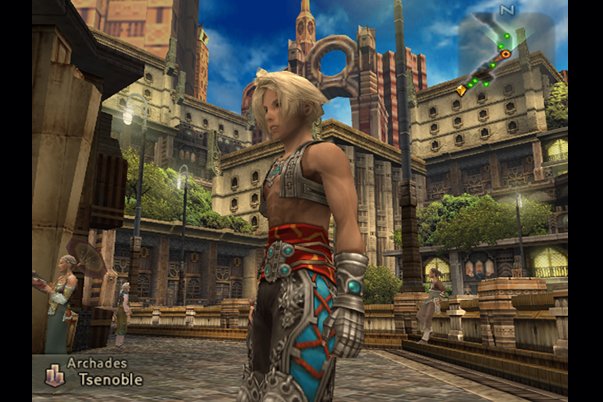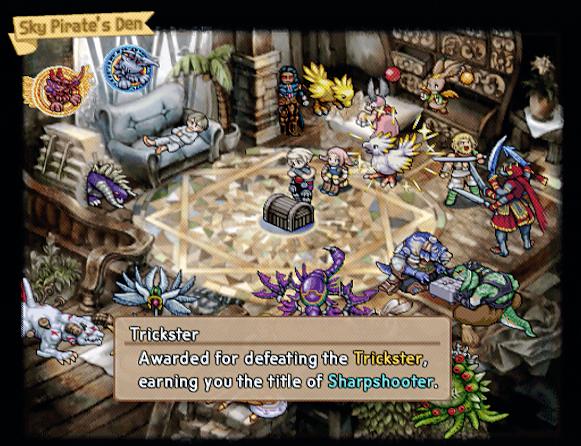Why you can trust GamesRadar+
It terms of its world, FFXII again deviates from the norm. Each area in the game is made of several large, interconnected areas. Final Fantasy XII brings real-world scope to RPGs; as you move through the game, these areas get larger and larger, making FFXII feel like almost like a wilderness hike, not an adventure. Put it this way: rather than preserve the town/dungeon structure of most games, the whole world's your dungeon, and you're always crawling it. Some parts of the world seem oddly empty and unnecessary... but in sharp contrast to the hemmed-in reality of most PS2 RPGs it's more refreshing than not.

Ever complained that the characters in Final Fantasy are interchangeable? FFXII takes this to the extreme. The License Board is similar to the Sphere Grid from Final Fantasy X, but it totally controls your destiny: weapons and equipment, spells and stat boosts are all there. By the middle of the game, you'll have a clear picture of any and every ability you will ever get and can pick whatever you like, building a party that's completely suited to your tastes, but which lacks any character-based focus. In FFX, it was exciting to unlock new abilities; in FFXII, the mystery is gone, and character-building is dull.
We've spent most of this review pointing out how FFXII is different from its predecessors. So let's lay it out: there is nothing whatsoever wrong with mixing things up. It's exciting to see Square Enix willing to take huge changes with its flagship series. Final Fantasy XII offers a lot of freedom, but that freedom sometimes feels very much like a lack of focus.
More info
| Genre | Role Playing |
| Description | Drastically different and yet familiar, this role playing game strikes out its own path through the confines of the immensely popular series. |
| Franchise name | Final Fantasy |
| UK franchise name | Final Fantasy |
| Platform | "PS2" |
| US censor rating | "Teen" |
| UK censor rating | "" |
| Alternative names | "FF XII","FF12","FF12","FF12" |
| Release date | 1 January 1970 (US), 1 January 1970 (UK) |



